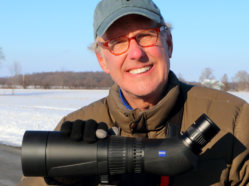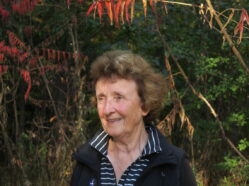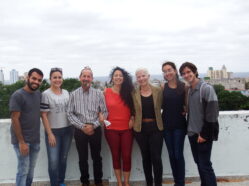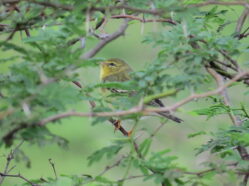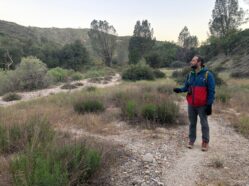2021 Elliott Coues Award Winner: Bruce Beehler
Over the coming months, we will be profiling the previously announced winners of this year’s AOS awards in a series of posts on Wing Beat. The AOS Elliott Coues Award recognizes outstanding and innovative contributions to ornithological research, with no limitation with respect to geographic area, sub-discipline(s) of ornithology, or the time course over which …
